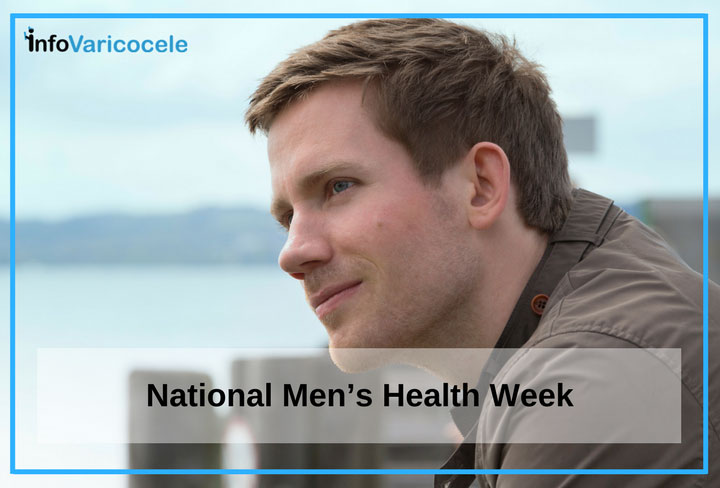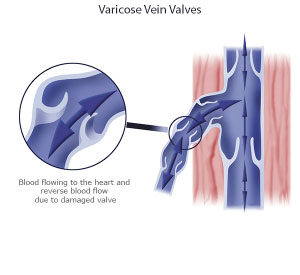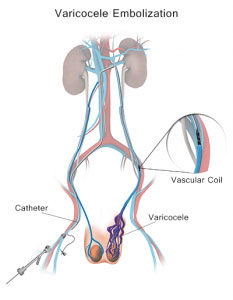
It is not a coincidence that for the past 22 years National Men’s Health week falls around the same time as Father’s Day. National Men’s Health week began on Monday, June 13 and will be celebrated through Sunday, June 19. The goal of the week is to celebrate the men in your life, as well as to encourage them to take action to maintain their health and safety. This initiative is led by the Centers for Disease Control and Prevention (CDC), but is supported nationally by businesses, organizations, and individuals who want to share the importance of taking control of men’s health.
Men are encouraged to take the following steps in order to improve their health each day:[i]
- Get a good amount of sleep
- Terminate the use of, or exposure to tobacco
- Engage in physical activity
- Eat healthy
- Limit stress
During National Men’s Health Week everyone is asked to make health a priority, to raise awareness for preventable health issues, and to encourage early discovery and treatment of diseases among men. Not every disease and condition presents physical symptoms, which means they can go unnoticed without regular, preventative checkups. One of the prime examples of this in men are varicoceles.
What is a Varicocele?
 A varicocele is the development of a varicose vein or veins in the scrotum. The scrotal veins contain one-way valves that allow blood to flow from the testicles and scrotum back to the heart. When these valves fail, the blood pools and enlarges the veins around the testicle in the scrotum resulting in a varicocele. This may cause:
A varicocele is the development of a varicose vein or veins in the scrotum. The scrotal veins contain one-way valves that allow blood to flow from the testicles and scrotum back to the heart. When these valves fail, the blood pools and enlarges the veins around the testicle in the scrotum resulting in a varicocele. This may cause:
- Pain
- Swelling
- Male infertility
If you are experiencing any of these symptoms, the first step is recognizing the symptoms and finding the best treatment option for you. Fortunately, there are effective treatment options available, including a minimally invasive procedure, Varicocele Embolization.
Varicocele Treatment Options
Varicocele Embolization
 Varicocele Embolization is an outpatient treatment that closes off the blood flow to the affected vein, without surgery. During the procedure, an interventional radiologist inserts a thin catheter into the affected vein which results in your blood flow being redirected to other healthy veins. Patients can expect only a one-to-two day recovery at home before they can resume typical activities.
Varicocele Embolization is an outpatient treatment that closes off the blood flow to the affected vein, without surgery. During the procedure, an interventional radiologist inserts a thin catheter into the affected vein which results in your blood flow being redirected to other healthy veins. Patients can expect only a one-to-two day recovery at home before they can resume typical activities.
Candidates for this treatment include:
- Those that have been diagnosed with a varicocele
- Those experiencing infertility or testicular pain
- Those who prefer a non-surgical treatment option
RELATED: 9 Things You Must Know About Varicocele Embolization
Varicocele Surgery
Surgical approaches are used to close off or “ligate” the varicose vein and repair the varicocele. These procedures are performed in a hospital and patients can expect a two-to-three week recovery period.
RELATED: What is Varicocele Surgery?
Embolization vs Surgery
Varicocele Embolization and Varicocele Surgery have the same success rate of 90%, however, only one is surgery-free. Many doctors will recommend surgery as a primary option; however, recent studies have revealed that embolization has long-lasting results that make it a viable option. Embolization produces the same results as surgery with the added benefits of no scarring or cutting and a short recovery period. Additionally, surgery generally takes about four hours and requires local and sometimes general anesthesia, while an embolization procedure takes about one hour and requires only a local anesthetic. Overall, varicocele embolization is less invasive which results in reduced risks, and is also considered more cost-effective in comparison to surgery.
Take Control of Your Health!
If you have already been diagnosed with varicoceles and/or have been suffering with related symptoms, it is time for you to prioritize your health. Embolization is a safe and effective alternative to surgery. If you think varicocele embolization may be an option for you, request an appointment today to discuss your symptoms and goals with an interventional radiologist who performs varicocele embolization.
For more information on National Men’s Health Week visit: https://www.cdc.gov/men/nmhw/.
Sources:
[i] https://www.cdc.gov/men/nmhw/


